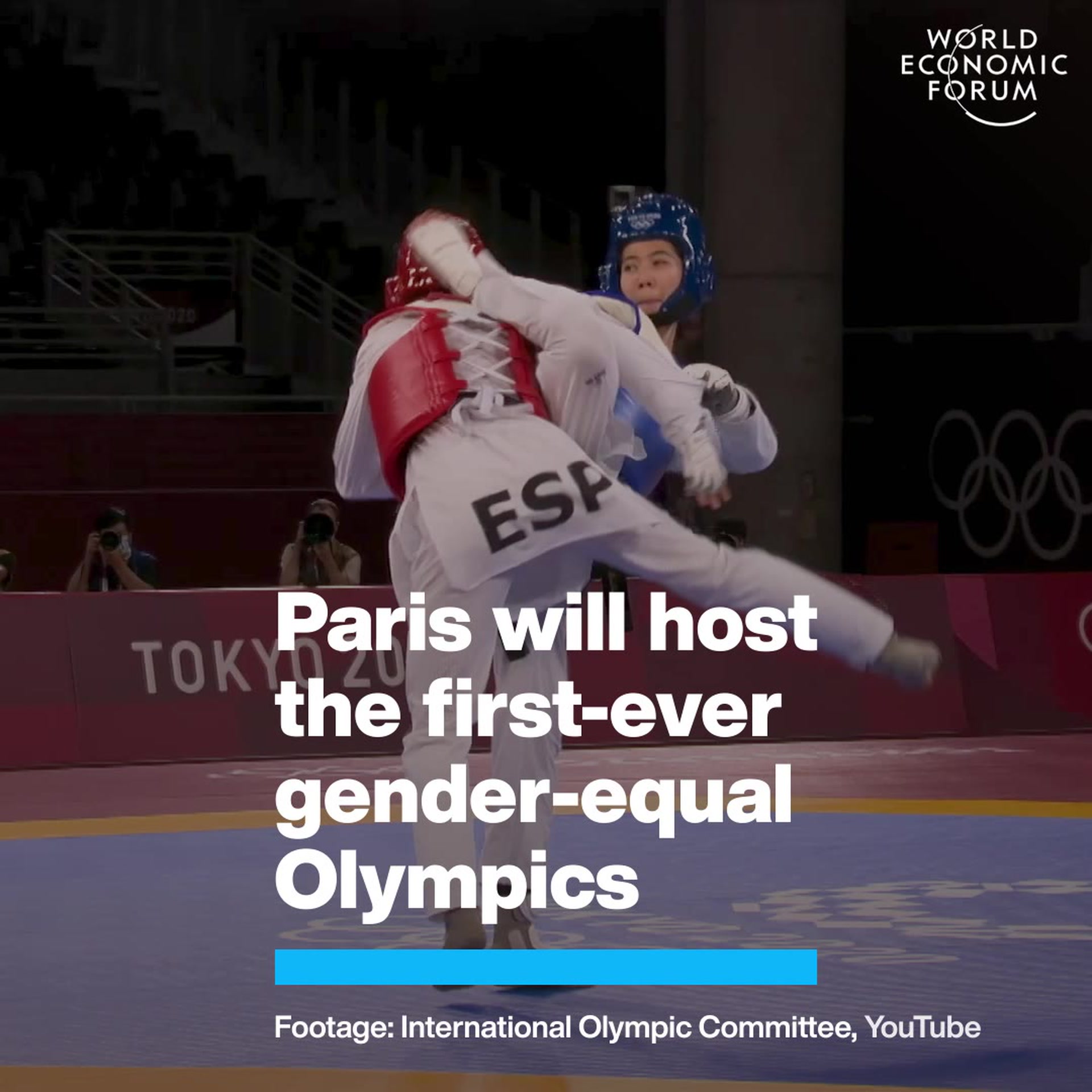South Korea aims to host the most eco-friendly Winter Olympics ever

The 2018 Winter Olympics in PyeongChang will strive to release zero emissions throughout the games. Image: REUTERS/Fabrizio Bensch

Get involved with our crowdsourced digital platform to deliver impact at scale
Stay up to date:
Media, Entertainment and Sport
In the past, the Olympics have generated a significant amount of pollution and waste. Now this environmental challenge falls on PyeongChang. On February 9, the world will turn its eyes to the South Korean city as it hosts the 2018 Winter Olympics.
The PyeongChang Organizing Committee for the 2018 Olympic and Paralympic Winter Games (POCOG) has been working to make this event fall in line with the expectations of the International Olympic Committee (IOC). In the process, the POCOG will aim to make the games environmentally friendly at all stages before during and after the events. The overarching goal is to make the games responsible for their carbon emissions and in the process release zero emissions.
To make sure the event is as sustainable as possible, the POCOG implemented an array of renewable energy initiatives. To begin with, six of the newly constructed competition venues will run off of solar or geothermal power. Many of the venues were certified as green buildings since they met the G-SEED criteria. G-SEED is the Korean equivalent of LEED.
Even the building sites were chosen with care. The Gangneung Olympic Park was transformed from a landfill site into a sports park. The POCOG Director General of Environment, Rhyu Teachul said, “Since we won the bid to host the Games, sustainability and the environment have been at the heart of our plans and procedures. Our venues and infrastructure have all been completed to the necessary standards and we will continue to focus on our sustainability goals throughout the Games and beyond to leave the legacy that the Games deserves.”
While outdoor athletes don’t always consider strong winds to be an advantage, it is for the committee. The additional wind farms that were erected in the area after the city won the bid to host the Olympics will generate more energy than the event will need.
POCOG also thought about green transportation and has a fleet of 300 electric vehicles. In an effort to encourage others to embrace electric cars in PyeongChang, POCOG has built a charging infrastructure in the city. For mass transit, POCOG worked with the Korean government to help bring the high-speed railwhich will be able to transport many attendees and help reduce pollution from cars. Apart from buildings and transportation, the organizers will implement basics environmental steps like a recycling infrastructure.
To show their dedication to the environment, the POCOG is trying to be as transparent as possible in everything they do. Everything from air to water quality has been published and made openly available on their website.
The IOC has been working on environmental sustainability for many years and is focused on creating a lasting positive impact. Thomas Bach, the president of the OIC, suggests that it will take a group effort to ensure that the sustainability strategy for the Olympics is effective, saying, “As the role and relevance of sport in today’s society continues to grow, we know that we can only make progress in cooperation and partnership with others. This is why I call on all stakeholders to join with us and work together to build a better, more sustainable world through sport.”
The Olympics officially kick off after the opening ceremony on February 8th. Fans can watch the games on NBC until they conclude on February 25th after the closing ceremony.
Don't miss any update on this topic
Create a free account and access your personalized content collection with our latest publications and analyses.
License and Republishing
World Economic Forum articles may be republished in accordance with the Creative Commons Attribution-NonCommercial-NoDerivatives 4.0 International Public License, and in accordance with our Terms of Use.
The views expressed in this article are those of the author alone and not the World Economic Forum.
Related topics:
The Agenda Weekly
A weekly update of the most important issues driving the global agenda
You can unsubscribe at any time using the link in our emails. For more details, review our privacy policy.
More on Media, Entertainment and SportSee all
Victoria Masterson
April 5, 2024
Jesus Serrano
March 7, 2024
John Letzing
March 5, 2024
Spencer Feingold
March 4, 2024






